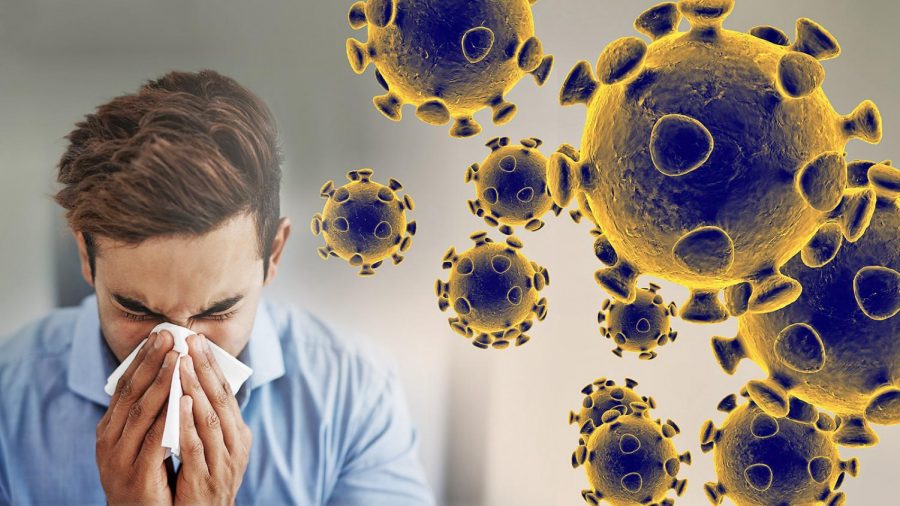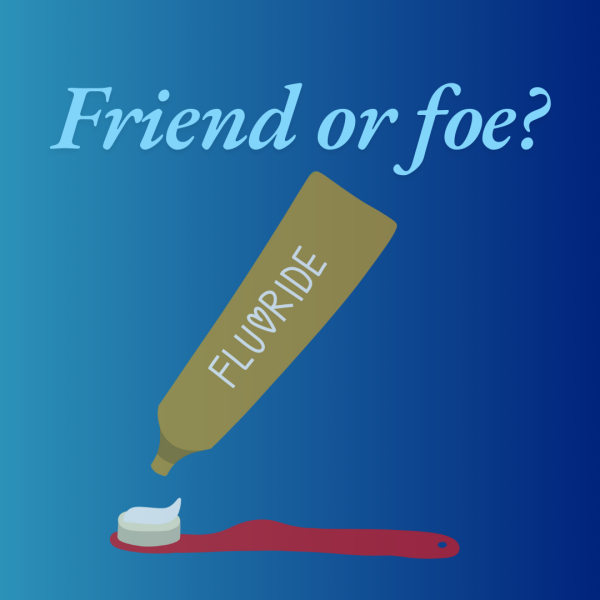The coronavirus: what you need to know
The coronavirus has been a deadly epidemic affecting people worldwide. This virus can potentially affect the area around you too. So in order to better protect yourself from this virus, you need to know what you’re working with and what precautions to take.
This virus comes from a group of viruses called coronaviruses. The name originated due to the structure of its crown-like surface. This virus is usually known to infect animals but it can spread to humans. According to the Wall Street Journal, “The mortality rate has ranged between 2% and about 3.4%, according to calculations of confirmed cases and deaths world-wide, which change daily.” Most importantly, this disease is easily spread and the range is very susceptible to change.
The symptoms of this disease might not seem like a big deal initially because at first patients usually start with a fever, coughs and aches, and sometimes shortness of breath occurs. This eventually can develop into pneumonia and vomiting, diarrhea, and nausea usually occur as well. Some patients become mildly ill but don’t progress, while others quickly develop more symptoms. Usually patients become ill after 2 to 14 days after becoming infected.
Now knowing the symptoms, you also need to know how this virus spreads. The Wall Street Journal states, “It transmits through ‘respiratory droplets’ when an infected person speaks, coughs or sneezes, according to the World Health Organization.” These respiratory droplets transmit through the air and can fall on or be inhaled by others, developing the infection. A person can also be infected by contact with surfaces. The virus is said to last on certain surfaces such as metal, glass, and plastic starting from 2 hours all the way up to 9 days.
So who’s at risk? The coronavirus can infect anyone, however\; according to the Wall Street Journal, “Adults of all ages have been infected, but the risk of severe disease and death is highest for older people and those with other health conditions such as heart disease, chronic lung disease, cancer and diabetes.” How about the risk in the U.S.? The risk is quite low in the United States, but there have been a few outbreaks in some parts.
So at this point you’re probably wondering, How can I protect myself? Since health professionals are still looking for a cure, there are only precautions that you can take. First off, you want to wash your hands a lot more frequently, making sure you thoroughly wash them for about 20 seconds each time. Wipe down surfaces frequently and make sure you clean your home before and after someone comes for a visit. Getting a flu shot is also beneficial, since this virus is very similar to the flu. In addition make sure you stock up on canned foods and hygiene products, just in case you have to stay home. Lastly, make sure you avoid traveling to international countries infected by the coronavirus, such as China, South Korea, and Italy. The same also goes for cruises that are going to or within Asia.
Overall, the coronavirus has been a shock to many health professionals and people worldwide. Now knowing important information about the coronavirus, you can better protect yourself and others from becoming infected.

Hello Everyone!! My name is Ellys Grace Stasinski :) ! I am a new addition to The Edge this year and I am so excited to write articles for you all. My...













